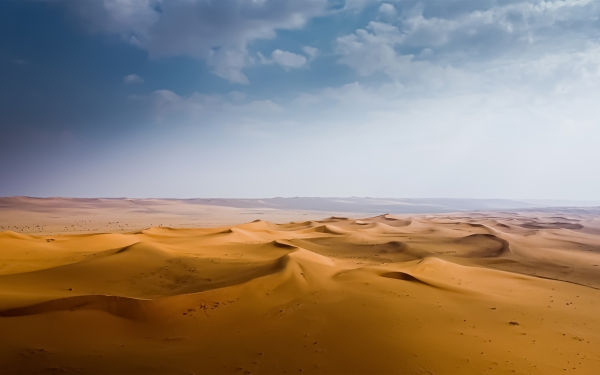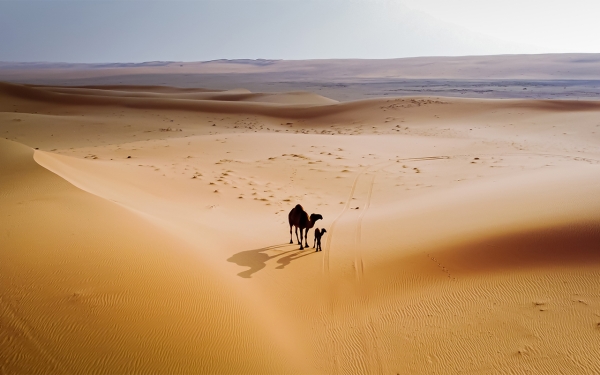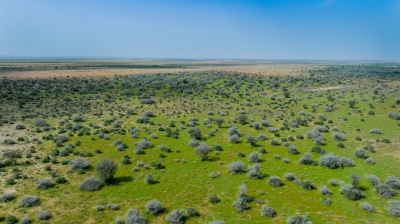


Nufud al-ʽUrayq Natural Reserve is one of the natural reserves in the Kingdom of Saudi Arabia. It is located in Dariyyah Governorate in the center of the Kingdom and southwest of the city of Buraydah, the capital of Qassim Province, which is about 272 km away from the reserve. It is also the only reserve in the province.
Establishment of Nufud al-ʽUrayq Natural Reserve
The reserve was established during the reign of King Fahd Bin Abdulaziz in 1994, the year in which the establishment of at-Taysiyah Nature Reserve and Saja Umm ar-Rimth Natural Reserve was announced. The National Center for Wildlife Development supervises Nufud al-ʽUrayq Natural Reserve, which covers an area of 2,036.1 km. It is divided into two protection areas: one for wild animals, and another for the environment and the trees.
Significance of Nufud al-ʽUrayq Natural Reserve
The reserve's vegetation cover encourages the resettlement of some birds, and its ecosystems are characterized by gravel sandy plains and a number of granitic and basaltic mountains. The province is an ancient hima (private pasture) for camels. Several factors contributed to this, such as its vegetation cover, which consists of Lycium shawii, Calligonum comosum, and annual plants. Moreover, the site's rough terrain makes it an ideal place for the resettlement of chlamydotis. In addition to protecting animals from overhunting, Nufud al-ʽUrayq Natural Reserve plays key roles, such as: conserving and expanding the vegetation cover, reducing logging, promoting ecotourism, and providing citizens and residents of the Kingdom with a suitable environment for picnics.
During the one hundred years prior to the establishment of the first reserve in the Kingdom in 1987, the Kingdom's environment had witnessed the extinction of some wildlife species. However, other species were saved through programs called Captive Breeding.
Extinct animals included the Arabian ostrich, which was spread across the Empty Quarter until 1910, the zebra, which inhabited the Arabian Peninsula and became extinct in the early twentieth century, and the Dorcas gazelle, which lived in the gravel regions in the center of the Arabian Peninsula before it became extinct in 1980s. In July 2024, the National Center for Wildlife Development announced the birth of four cheetah cubs from genetic lineages that is considered the closest to the extinct cheetahs of the Arabian Peninsula. The last documented sighting of these cheetahs was in the 1960s near the Tapline oil pipeline. The births occurred from cheetahs bred in captivity at the center's facilities.
Related quizzes
Related articles

